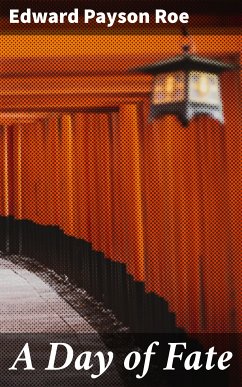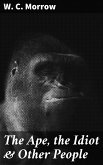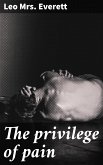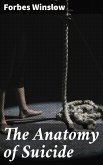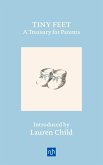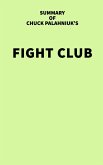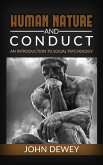In "A Day of Fate," Edward Payson Roe intricately weaves a narrative that captures the tensions of 19th-century America, exploring themes of destiny, moral choice, and social responsibility. The novel is characterized by Roe's signature realism and vivid characterizations, offering readers an immersive experience into the societal norms and conflicts of the time. With a plot enriched by love, sacrifice, and the impact of personal decisions, Roe skillfully examines the characters' struggles against broader historical forces, inviting thoughtful reflection on the nature of fate and free will. Edward Payson Roe, a prominent author and clergyman, was known for his insightful views on social issues, which profoundly influenced his writing. His experiences, including his military service during the Civil War and his commitment to moral and religious ideals, shaped the thematic essence of "A Day of Fate." Roe'Äôs dedication to portraying the human condition in an authentic light makes him a significant voice in American literature, as he aimed to engage readers with stories that reflect both personal and societal dilemmas. This novel is highly recommended for readers who appreciate literature that provokes introspection on moral dilemmas and the vicissitudes of life. Roe's adept storytelling and insightful commentary make "A Day of Fate" a compelling read for anyone interested in the complexities of human relationships and the forces that shape our destinies.
Dieser Download kann aus rechtlichen Gründen nur mit Rechnungsadresse in A, B, BG, CY, CZ, D, DK, EW, E, FIN, F, GR, H, IRL, I, LT, L, LR, M, NL, PL, P, R, S, SLO, SK ausgeliefert werden.

